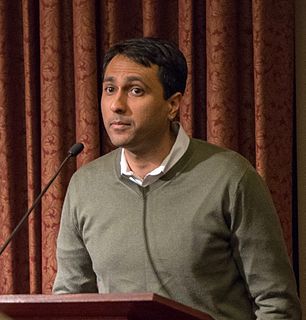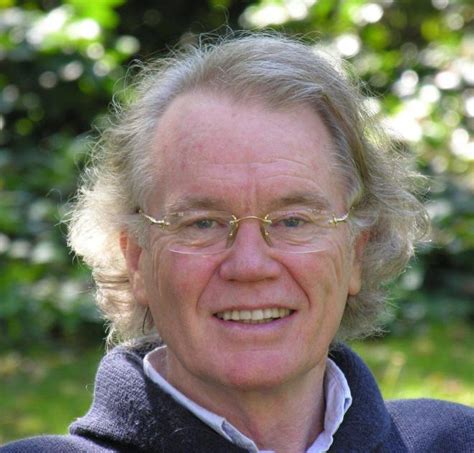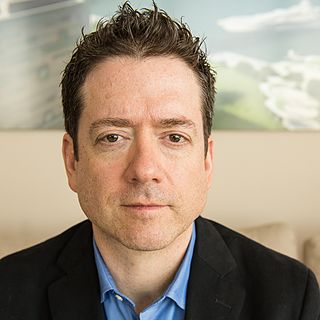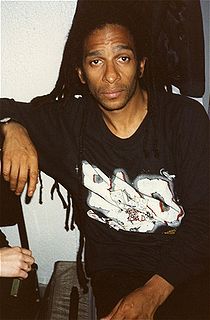A Quote by Eboo Patel
The question of how people orient around religion differently, or interact with one another, whether that be based on conflict or cooperation, will be one of the most engaging questions of the 21st century.
Related Quotes
One of the real dilemmas we have in our country and around the world is that what works in politics is organization and conflict. That is, drawing the sharp distinctions. But in real life, what works is networks and cooperation. And we need victories in real life, so we've got to get back to networks and cooperation, not just conflict. But politics has always been about conflict, and in the coverage of politics, information dissemination tends to be organized around conflict as well.
Thanks to the leadership of Vice President Gore, we have a government for the Information Age, once again a government that is a progressive instrument of the common good, rooted in our oldest values of opportunity, responsibility and community, devoted to fiscal responsibility, determined to give our people the tools they need to make the most of their own lives in the 21st century, a 21st century government for 21st century America.
The 21st century - and the atheists - needs the presence of religion, just as religion must deal with the real challenges and the thinkers of the day in order to sharpen the conscience and the intelligence of those who study the timeless sacred texts in a spirit of responding to the questions of their time.
Science tries to answer the question: "How?" How do cells act in the body? How do you design an airplane that will fly faster thansound? How is a molecule of insulin constructed? Religion, by contrast, tries to answer the question: "Why?" Why was man created? Why ought I to tell the truth? Why must there be sorrow or pain or death? Science attempts to analyze how things and people and animals behave; it has no concern whether this behavior is good or bad, is purposeful or not. But religion is precisely the quest for such answers: whether an act is right or wrong, good or bad, and why.
I think our children will be living on floating cities, and they will look back on the 20th Century, when people lived in primitive governments founded in previous centuries, and they will be living on modular, sustainable, floating cities that we can't imagine now, that are based on the voluntary choice of citizens. I think we will have a marvellous world in the 21st Century.
[In] the 21st century, the mainstream can satisfy your every whim. I guess the idea of walking around with groups of people dressed the same and saying, "I'm only into ska" or "I'm only into whatever" - is kind of restrictive in the 21st century. I don't know if it's a bad thing that these movements have run their course. I think what I miss about it is the collective experience.
Earlier this week ... scientists announced the completion of a task that once seemed unimaginable; and that is, the deciphering of the entire DNA sequence of the human genetic code. This amazing accomplishment is likely to affect the 21st century as profoundly as the invention of the computer or the splitting of the atom affected the 20th century. I believe that the 21st century will be the century of life sciences, and nothing makes that point more clearly than this momentous discovery. It will revolutionize medicine as we know it today.































